Publications
Articles, publications, books, tools and multimedia features from the U.S. Institute of Peace provide the latest news, analysis, research findings, practitioner guides and reports, all related to the conflict zones and issues that are at the center of the Institute’s work to prevent and reduce violent conflict.
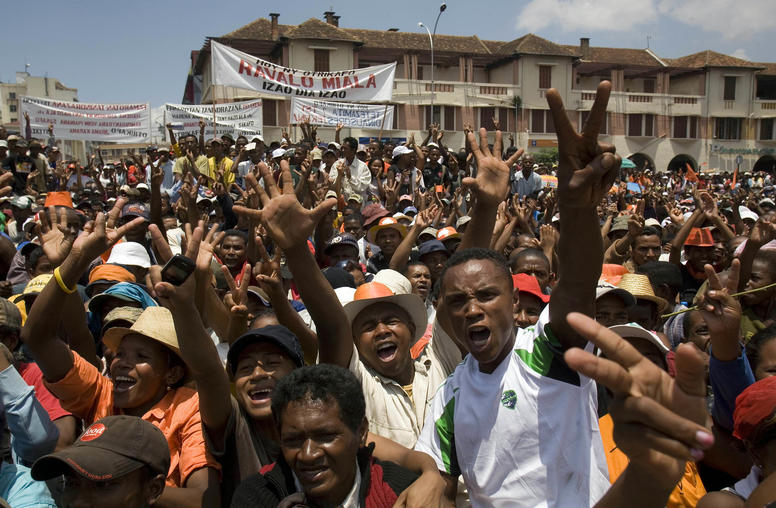
In Madagascar, a Presidential Vote Sees Old Fissures Resurface
On November 7, the Indian Ocean island nation of Madagascar, a country larger in area than California and more populous than Florida, goes to the polls to elect its next president. With a history of political crisis and fraught elections, the 2018 polls have seen renewed acrimony as no less than four former presidents of Madagascar seek the country’s highest office. USIP’s Aly Verjee and Jonas Claes discuss what’s at stake, the challenges ahead and how election disputes and violence can be mitigated.
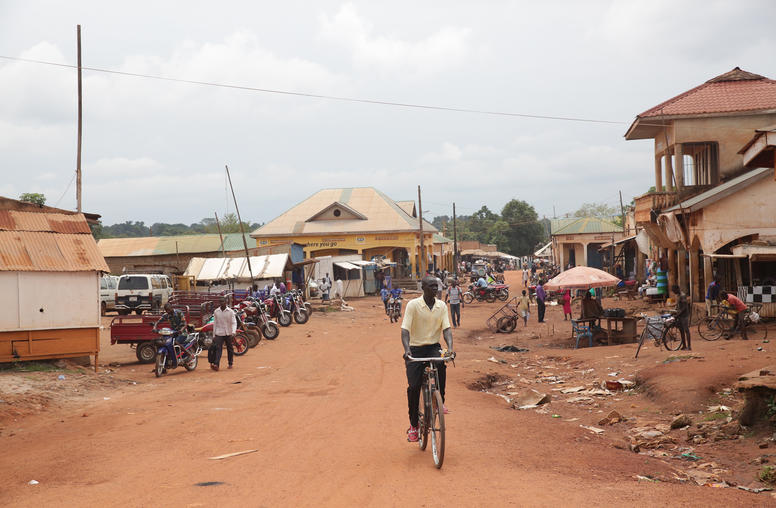
In South Sudan, the Trust Deficit Could Doom a new Peace Deal
On September 12, after nearly nine months of talks, the warring parties in South Sudan signed a “revitalized” peace agreement, superseding a 2015 accord and bringing an end to the High Level Revitalization Forum. But fighting has continued in the days since the deal was signed, and many remain skeptical that this agreement will succeed. USIP’s Aly Verjee discusses the deal.
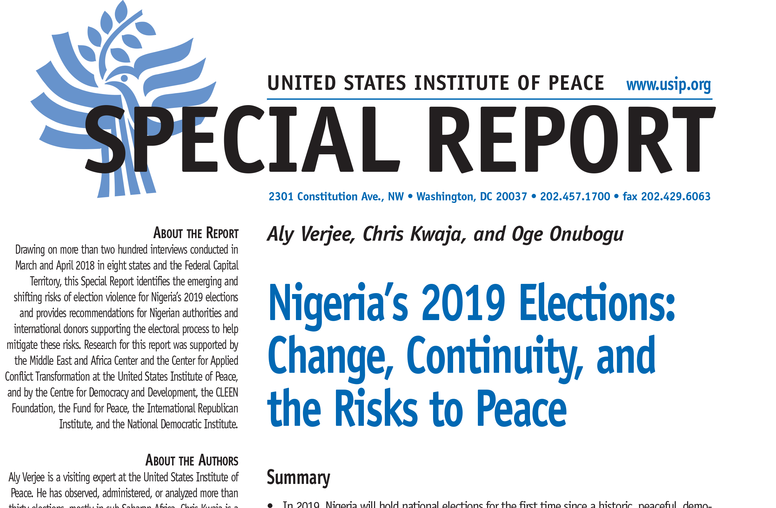
Nigeria’s 2019 Elections: Change, Continuity, and the Risks to Peace
Drawing on more than two hundred interviews conducted in March and April 2018 in eight states and the Federal Capital Territory, this Special Report identifies the emerging and shifting risks of election violence for Nigeria’s 2019 elections and provides recommendations for Nigerian authorities and international donors supporting the electoral process to help mitigate these risks.

The Risks of Violence in Nigeria’s 2019 Elections
In February 2019, Nigerians go to the polls to elect the country’s next president, parliament and state governors. Nigeria’s elections have historically been tense, and as the campaign gets underway there are concerns the upcoming process will see new violence. USIP’s Chris Kwaja, Oge Onubogu and Aly Verjee discuss the significance of the vote, what has changed since the 2015 elections, and suggest what can be done to mitigate risks of violence.
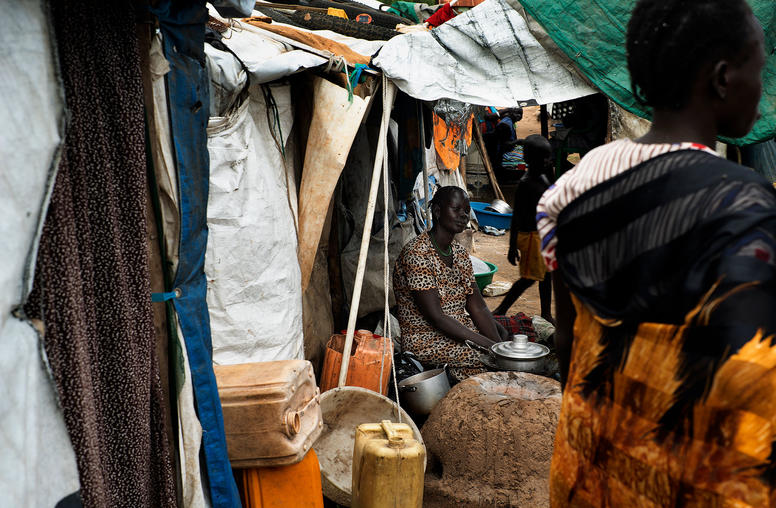
Will the Latest Deal Bring Peace in South Sudan?
On August 5, the warring parties in South Sudan signed an agreement which calls for the formation of another power-sharing government. The previous power-sharing government collapsed in July 2016, and the war has since spread throughout the country. USIP’s Aly Verjee and Payton Knopf discuss the developments that led to the deal, identify the agreement’s risks and deficiencies, and assess future prospects for the peace process.
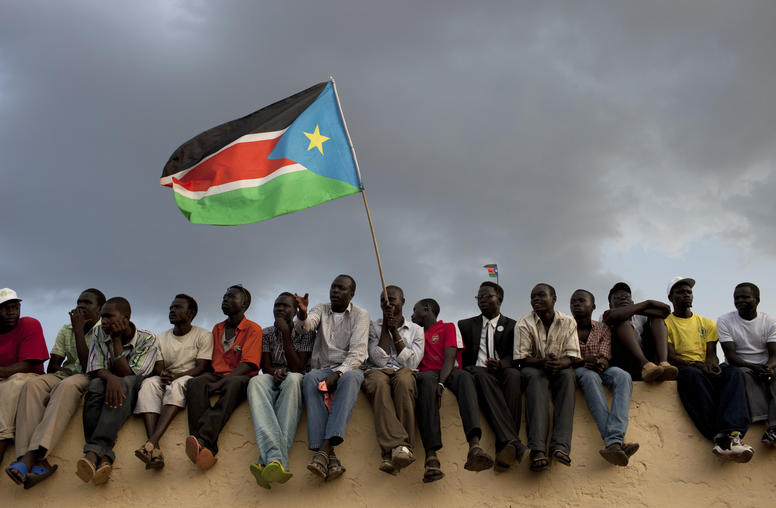
Strong Words Alone will not Deliver Peace to South Sudan
At the end of May, after only four days, South Sudan’s long-delayed peace talks once again adjourned without reaching a viable agreement. The failure to reach a deal comes only weeks after the White House declared that the Government of South Sudan had “lost credibility,” expressed deep frustration at the “lack of progress toward an agreement,” and warned that “more than seven million people will face life-threatening hunger in the coming months,” as a result of the crisis.
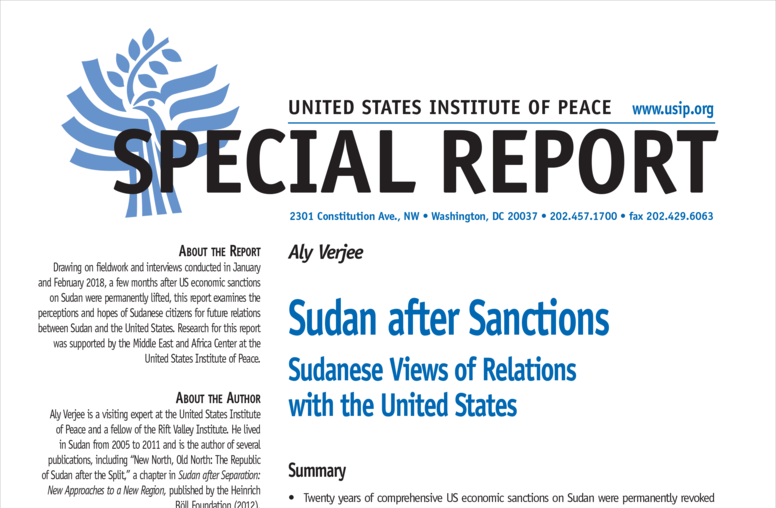
Sudan after Sanctions
In October 2017, the United States lifted a wide range of economic sanctions that had been in place against Sudan for two decades. Aly Verjee, a visiting expert at the United States Institute of Peace, recently interviewed roughly 50 Sudanese—including students, business owners, doctors, laborers, activists, and others outside the government-connected elite—on what this first step in the normalization of relations between Sudan and the United States might mean for the future of their country.
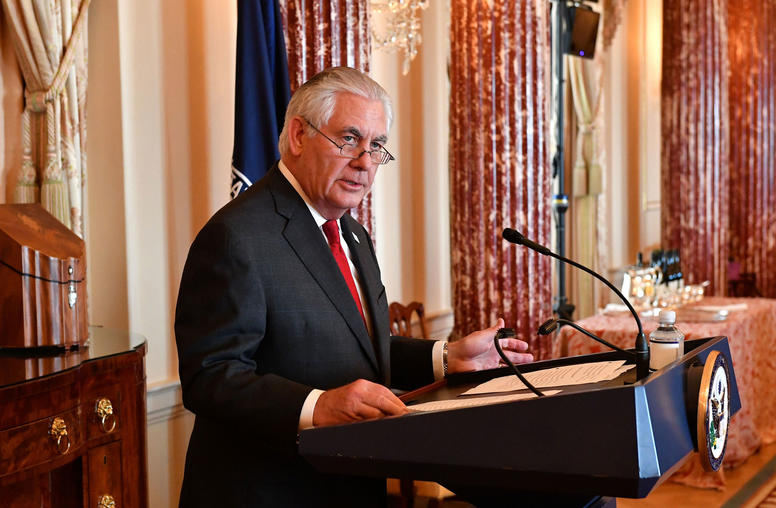
Secretary Tillerson Goes to Africa
Secretary of State Rex Tillerson is on the most extensive visit to Africa by a senior official in the Trump administration. Tillerson will visit the continent’s two most populous countries, Nigeria and Ethiopia, both crucial to U.S. regional security interests but which face increasing fragility at home. He will also travel to U.S. allies Chad, Djibouti and Kenya, countries struggling with domestic political stability, and will meet leadership of the continent’s principal regional organization, the African Union. USIP’s Africa experts preview the landscape and key issues for the East Africa leg of Tillerson’s trip to Ethiopia, Djibouti and Kenya, and note that broader U.S security and trade interests can only be served if the national challenges for peace and stability in each country are also addressed.
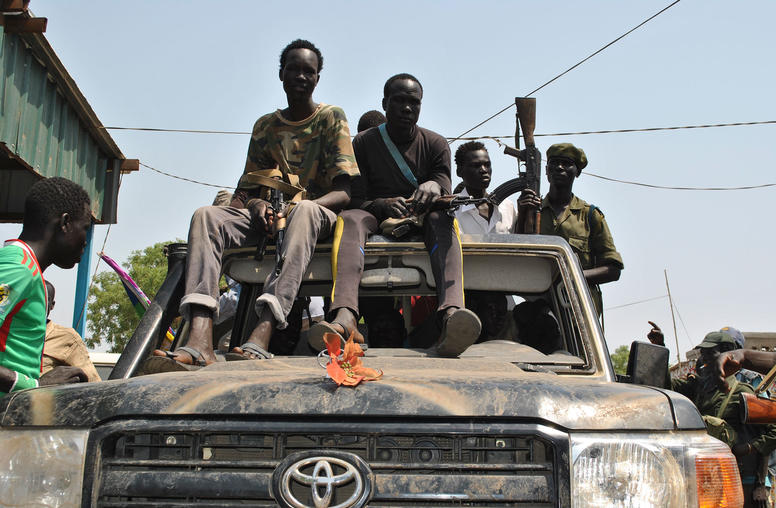
South Sudan’s Pitfalls of Power Sharing
This week, a new proposal for a power sharing government was tabled at the ongoing Intergovernmental Authority on Development (IGAD) High Level Revitalization Forum (HLRF) peace talks for South Sudan. An earlier, 2015 peace deal also contained a formula for power sharing; that arrangement failed and the civil war re-ignited a year later. Power sharing arrangements are appropriate if certain conditions are met, but not enough has been done to ensure the latest proposal will overcome the obstacles present in South Sudan, according to Susan Stigant, USIP’s director for Africa programs and Aly Verjee, a visiting expert at USIP and a former senior advisor to the IGAD mediation, who comment on the proposal and suggest how it could be improved.
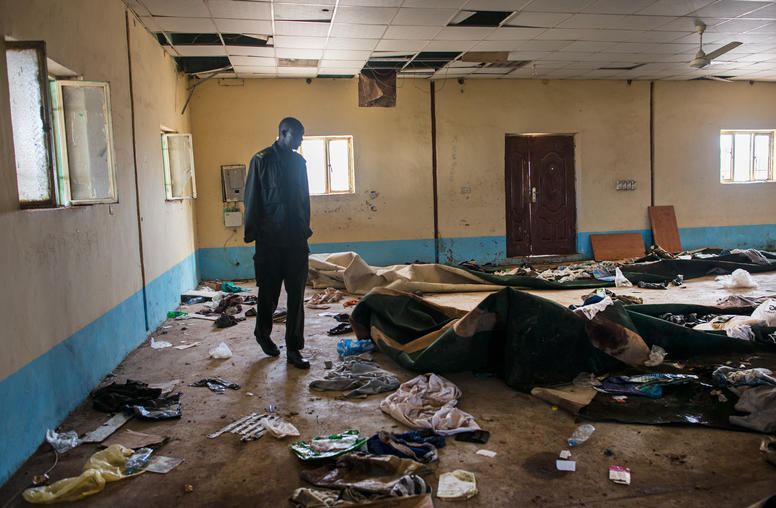
Q&A: Sudan, South Sudan Wars--Special Envoy Needed?
As the war in South Sudan rages on, its dynamics are influenced by events across the border in Sudan and by the policies of neighboring countries, regional groups and the broader international community, notably the U.S. It’s just the kind of situation that cries out for an American diplomat with the stature and the ability to work across borders to help resolve the myriad conflicts underlying the fighting, according to former Special Envoy to Sudan and South Sudan Princeton Lyman and two other former diplomats.